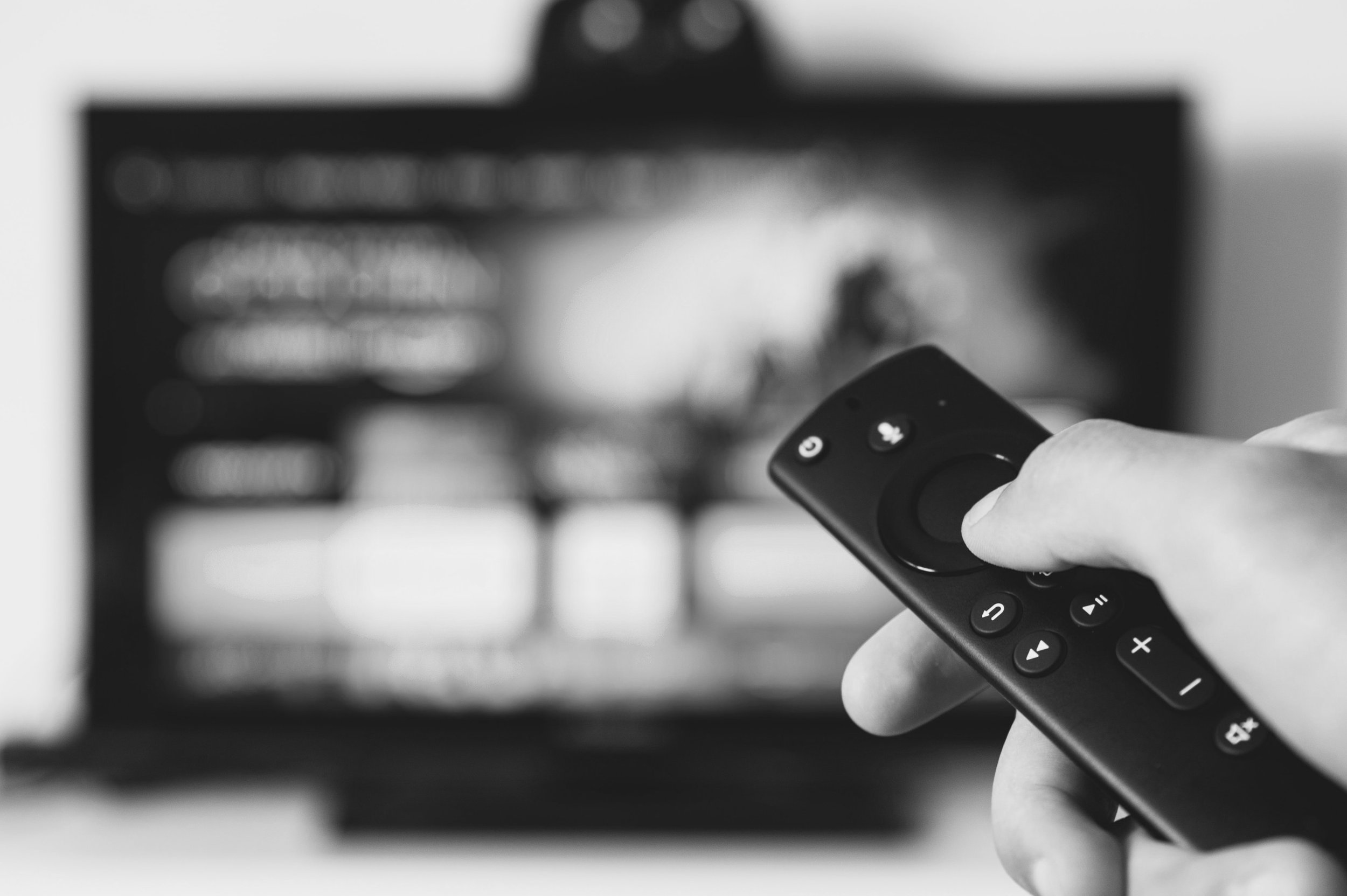Play It Forward
Repeated actions form habits, and the habits we have shape our results. For example, the habit of exercise leads to fitness, and the habit of study leads to knowledge.
In examining the habits of my life, I’ve found it resourceful to play the habit forward, imagining the results that are likely to follow from keeping the habit around. The first time I can remember applying this technique was during a gap year I took after my freshman year of college.
At this point in my life, World of Warcraft was my chosen outlet for video games. Early one morning at 4AM, after a full night-shift of gaming, I stared at my computer screen and had the following revelation:
My avatar is currently a Level 29 Character. It has taken me weeks and countless hours of gameplay to get enough experience points to reach this level. Each successive level requires more and more time to achieve. If I persist in my habit of playing World of Warcraft and other similar video games, I will easily end up spending several years of my life in a virtual world.
This was not something I wanted and so I quit cold turkey. I gave up video games and I haven’t played since.
I’ve since learned a more concrete version of playing it forward from my coach, Joseph Thompson. He and the other coaches at Novus Global ask questions that lead clients to see how their futures are likely to play out over increasingly longer time intervals.
For example, over the course of one day, my habit of checking the news is not likely to have a life-changing impact. But if I ask myself, “What are the likely results of persisting in this habit over the next month?,” then I start to see that the cumulative total time spent on news sites begins to add up. And if I ask, “What are the likely results of persisting in this habit over the next year, over the next 10 years, and over a lifetime?,” then I can see clearly that checking the news regularly is not a habit that I’d like to keep.
This week, I invite you to “play it forward,” applying the following questions to two different habits: one old habit that you’d like to give up and one new habit that you’d like to develop.
What are the likely results of this habit over a day? Over a month? Over a year? Over 10 years? Over a lifetime?
God Bless,
Dan

